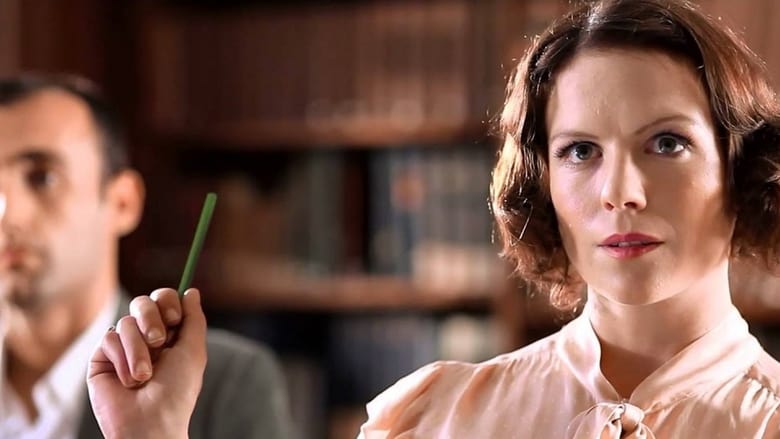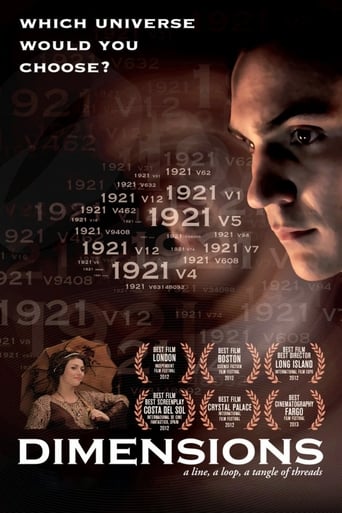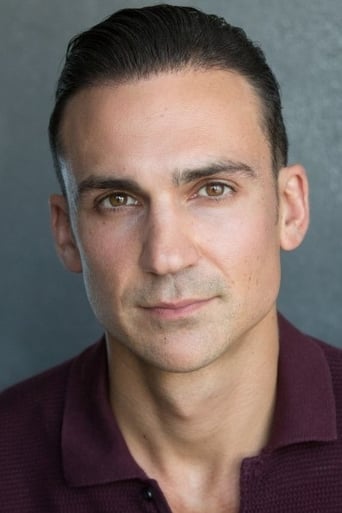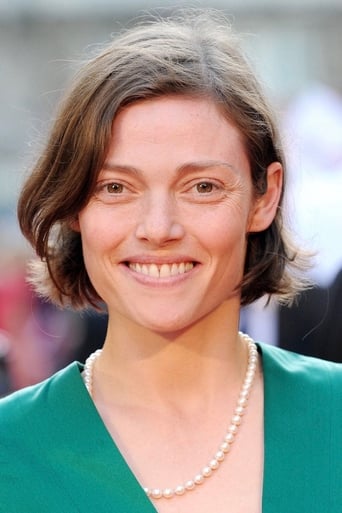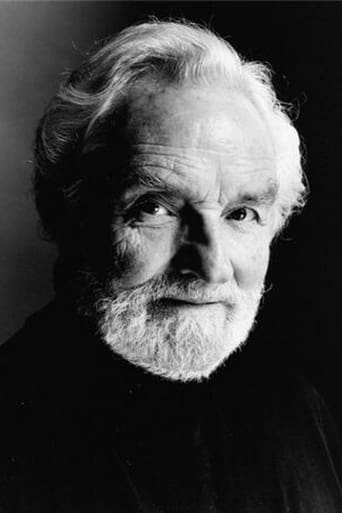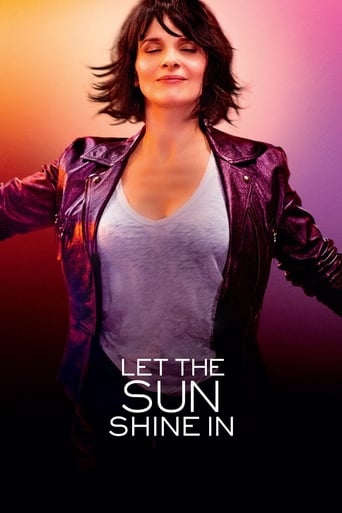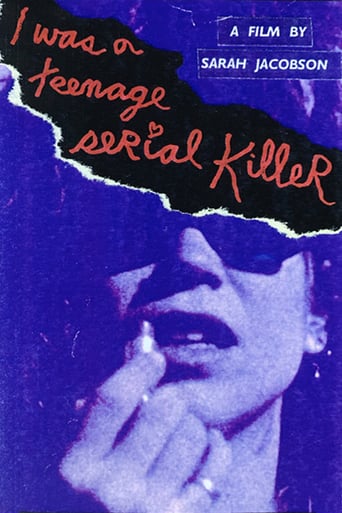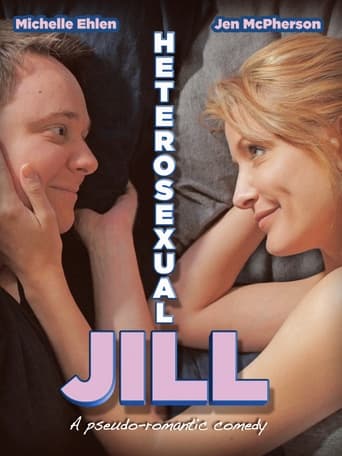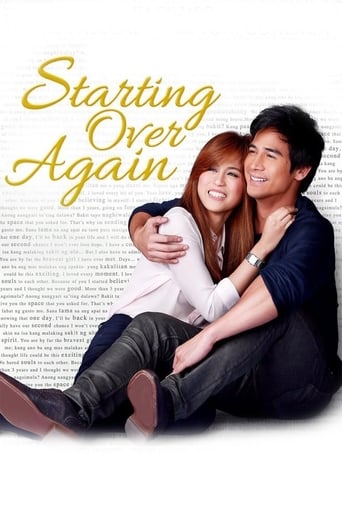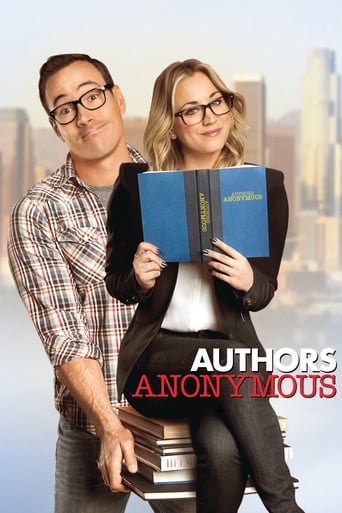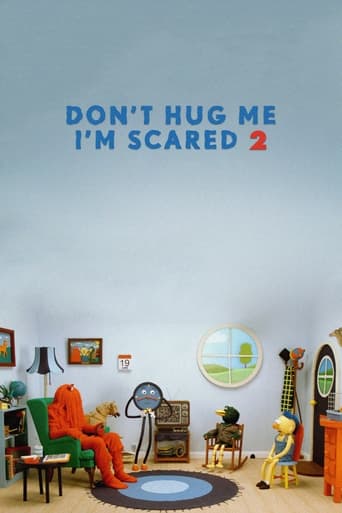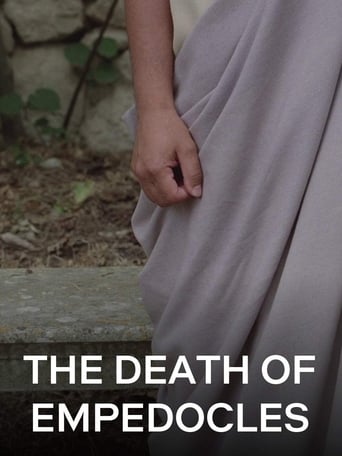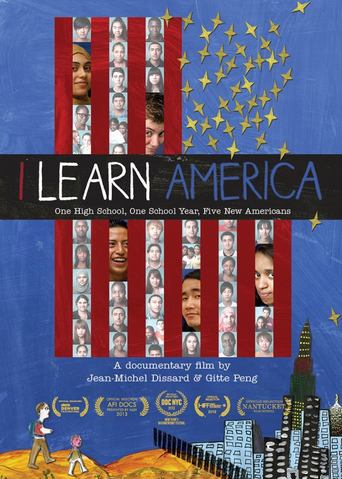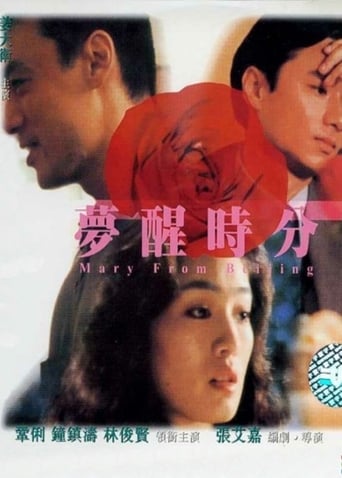Dimensions (2011)
Stephen is a brilliant young boy who lives in England, in what appears to be the 1920s—but nothing in Stephen’s life is quite as it seems. His world is turned upside down upon meeting a charismatic and inspirational professor at a garden party, who demonstrates to Stephen and his friends what life would be like if they themselves were merely one, or two, dimensional beings. He then proceeds to explain that by manipulating other dimensions, time travel may actually be possible. As Stephen’s life unfolds, events lead him to dedicate himself to turning the Professor’s theories of time travel into reality. Jealousy, love, obsession, temptation and greed surround him, influencing his fragile mind and the direction of his work.
Watch Trailer
Free Trial Channels
Cast


Similar titles
Reviews
SERIOUSLY. This is what the crap Hollywood still puts out?
A Disappointing Continuation
It's easily one of the freshest, sharpest and most enjoyable films of this year.
The movie is made so realistic it has a lot of that WoW feeling at the right moments and never tooo over the top. the suspense is done so well and the emotion is felt. Very well put together with the music and all.
MILD SPOILERS MARKED BELOW.This movie's strengths are many. The premise, although ultimately science fantasy, is immediately engaging: what if someone had devised the Many Worlds Interpretation of quantum mechanics (all possible realities, deriving from every possible choice, exist in parallel worlds) back in the 1920's, and then gone on from there to invent a time machine? The would-be time traveler who wants to undo an event in their own past is a story we've seen before, but the essentials of this version are quite well done.The film is beautifully designed and shot (arthouse fans will not find it too slow) and very well acted. The screenplay is full of quality moments.So why is this only a 6? Well, to begin with, the screenplay is also full of clichés. But it has a much bigger problem than that: the main character's behavior and motivation, which are the sole engine of the plot, are somewhat unconvincing for an ordinary person, and entirely unconvincing for a scientist.VERY BROAD SPOILERS FOLLOWIf you advise someone not to do something rash or dangerous or wisely decline to do it yourself), and they do it anyway, and it indeed ends badly ... most people will feel remorse -- remorse that they did not do a better job of explaining their concerns. What rarely happens is that they *entirely blame themselves*, to the point of obsession. It stretches all credulity (at least for me) that a brilliant scientist (hence, by nature, an unusually rational thinker) would do so. You don't really want your genius character being told by friends that "it wasn't your fault" when that is in fact INCREDIBLY OBVIOUS.This movie does this twice; one is the engine of the plot, and the other creates a plot pivot.Note that this might have worked if our hero had been portrayed as a general emotional wreck who just happened to be a physics whiz. But he's not: he goes about pursuing his obsession in a cool, rational way that is entirely believable for a brilliant scientist. It's only the source of that obsession that is out of character, fatally so.The pity is, it's easy to imagine how the plot could have been kept intact by giving our hero more complex, more interesting, and much more believable motivations.Oh, and the movie also ends up incorporating a classic time-travel paradox without seeming to address it at all. And there's a huge loose end in the plot that, I think, cries out for more closure.END SPOILERSThe first thing I did after watching this film is check to see who the producers were. My suspicions were correct: the screenwriter, and the director. IOW, no one with an objective take on the film. If I had a time machine, I'd go back a few years and give them a whole set of notes on the screenplay. That's what a good producer does. The creative team here is clearly quite talented; if they find someone who really knows film (and especially knows the genre they're working in) to produce their next effort, it will be one to watch for.
It's a Time Travel Story. And it's listed as Science Fiction, thereby.But Be Advised: It's NOT 'The Time Machine'. Nor is it your standard Hollywood Special Effects wagon-train.No Splashy special Effects. No Journeys to the end of Time. No Monsters. No Weird Paradoxes. No Dinosaurs either.It DOES has an element of Time Travel...but that's all. The rest of the Movie is a distillation of a very nice work of emotional Fiction. It's a Love story about Three Childhood friends in 1920's era England. Once you settle into the measured, dialogue driven pace of the story. I found it elegant, touching and memorable.Totally Girlfriend Friendly, BTW.
Despite the low budget, the cinematography and the score are simply sumptuous. It is certainly enjoyable to watch, even if, in the final analysis, it lacks substance. There is a scene early on, a garden party by the side of a river, where the ribbons in Victoria's hair stand out with shocking luminosity. Combined with the orchestration, it certainly looks a bigger budget film than it is.But it doesn't feel that way. It feels constrained - perhaps by the cost of the props, of the settings, and of the time and resources available. The production company is known as "Sculptures of Dazzling Complexity" - but the story is all too simplistic, and while setting it in Cambridge between the wars allows that simplicity some breathing space, it still lacks the depth of true emotion that might be expected of a simpler time and place. The characters, for me, fail to live up to the film's title - they are rather too 2D. The adults have no more substance than the excellent child actors. Walking in to a Cambridge Physics lecture and asking the (under?) graduates there "Who likes Physics?" is a rather obvious example, but more fundamentally, I fail to feel the driving force behind Stephen's obsession, and I want - NEED to see a more fundamental tension between Conrad and Stephen, even if this is not overt.You might suppose that I might be snobbish about the "Time Machine" itself, but it has a certain charm, reminiscent of something by HG Wells, and being appropriate for something very much the production of a mad professor in a shed at the end of the garden. Yes, there is an element of early Dr Who about an image of biplane's appearing in the smoke filled jar of the device, and yes - it's a pianola, and yes, the gateway DOES rather look like a hula hoop (thus beating the Hudsucker Proxy to the invention!) but hey, it's fun, at least! But the are holes in the plot that are far from fun, and which a bigger, better resourced film might have avoided. Such as what was Robert's motivation for travelling back in time? How long was Victoria in the well, if she had time to scratch out a message? Why the dinner party and ball - did they have some costumes they simply had to use? And if Conrad went first, how did he avoid Robert's fate? Did Stephen and Conrad together waltz their way through the labyrinth between worlds? And quite WHAT is Victoria saying when she says farewell to the Professor? And then there is the multi-verse approach. I don't object to this particularly, but it weakens the film to set it NOT in our version. And for the differences to be so trivial and farcical as calling an apple an orange? Better to leave the whole "99% sure" theory unproven, I'd suggest! So, a brave effort, and not by any means unworthy, but if you want a time-travel Sci-Fi film that actually challenges the viewer to keep up, I'd watch Primer instead.
This review - and the comment - was written at Cambridge Film Festival (15 to 25 September 2011), where the film had its UK premiere* Contains spoilers *Although it is received wisdom that 'I can't be in two places at once (or at the same time, in a variant)', not only is that usually just an excuse, but it is affected by developments in cloning.All that apart, the immense popularity of Dimensions, now (after screenings in Screens 2 and then 1) shown again, meant that I could go through the wormhole of watching again: the phrase does not sound favourable, but it is not intended unfavourably, as I was viewing twice to see what happened to something that I thought fine the first time.Why was it fine? It is an extremely intelligent film that uses the concept and theory of time-travel to say something about what I described in my blog as longing. I still think that it is longing, not just obsession – one can be obsessed about something (e.g. Jackie Chan cutting my head off) that (without being psychoanalytical), on the face of it (pun intended!), one does not long for, and long for something that does not obsess one.I said longing for something that one cannot have or that may not do one any good. In this film, that turns out not to be true on either count, and also involves a paradox. The events are separated by fifteen years, but, in some respects, the characters seem unchanged, seem stuck in some childish ways (as we all probably are – now who wants to play the psychology card, after all!), seem full of what I want to call longing. (I call it longing not only because I can't use the German word Sehnsucht, and, because of the connotations, I don't want to use yearning.) I asked a question about that at the premiere – the younger actors had had a chance to speak to their counterparts (and vice versa). What I find myself thinking, this time around, is that there is a generational as well as a dimensional character to all that we see, a temporal distortion that, as much as Alice's worlds reinterpret the present from which she enters Wonderland or the other Looking-Glass House, ripples (a key word in the script) as water, particles or time do with their differing wave-fronts. Which is why Ant Neely's brother's house on the river at Cambridge is such a benefit to and feature of this film.This Cambridge-driven film – Ernest Rutherford split the atom here in 1917, which was then done under both his direction and controlled conditions in 1932 - buzzes with that innovation, but buzzes in the direction of feelings, and Olivia Llewellyn's acting beautifully embodies the spirit of a bright and clear academic mind, seeking to help Henry-Lloyd-Hughes (as Stephen) achieve his brilliant aims.* * * * *To say a little more, enough to tease (as the film often does), about mirror-images, there is a scene that shows Stephen and his friend Victoria after they have tumbled to the ground in a sort of chase of and with themselves.As with something that happens later, which may (as Stephen's cousin Conrad first claims, and later appears unsure about it) - or may not - have been an accident, and which literally ties in with this moment, there is an embodiment of a skein, of the film's title's 'tangle of threads' (or the potential for it). It's a game, but there's bondage, the shackling that Joyce McKinney asserts was a sort of chosen cure, a sort of healing, in Tabloid, and with it there's the breathlessness associated with the other activity, there's the arbitrary rule-making that the game has to be played one way (counter-clockwise), an approach that can form rigid habits and stronger disciplines, not always for one's - or anyone else's - good in life (as with Stephen's father's former friend Richard?).So the mirror-image, of the game being played clockwise, can be imagined - as can any other action involving Victoria and Stephen - happening, but it offends against the street being declared to be one way. (Not too far off from thinking again of Rutherford, of thinking how the characters in Michael Frayn's Copenhagen revolve, dance, around each other like particles in a simple atom...) And the transposed image, the left / right flip? Set aside whether the falling down together, linked, was (as with Conrad's accident) deliberate - although it had to seem so, or not ambiguously so, for us: when we see Stephen and Victoria on the ground, from the waist up, side by side, they are, first of all, in that order, left to right. The picture (taken by the cinematographer, but not one that otherwise existed for Stephen to see (directly)), when he calls it to mind later, becomes Victoria and Stephen, she now on the left. (It is nearly summoned again, but we do not actually see it, are just so reminded of it that, as a ghost of a view, we could almost swear that its image is on our retina at that point, because we know it - or think that we know it - by then.) So these are the hints of Alice, these are the suggestions that, in a world as like ours as the one that she first sees in Looking-Glass House, things may be subtly different, actually harmful: as The Annotated Alice observes, with Martin Gardner talking about left- and right-handed molecules (which are identical but for being mirror-images of each other), milk would not be safe for Alice or her cat to drink in the world beyond the looking-glass. Matter and anti-matter? It goes on...Where would we be without the imagination of Ant Neely (the film's writer) or of Lewis Carroll? The poorer for it, I think.

